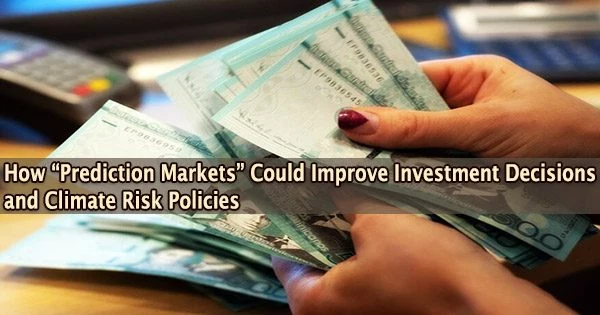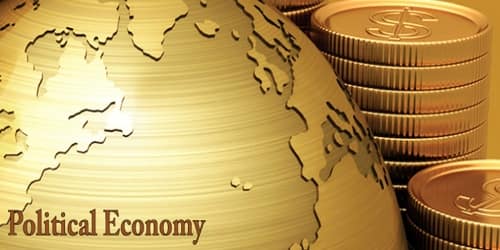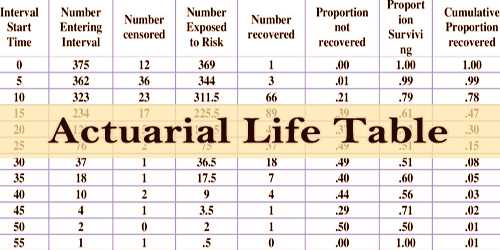According to a new study, a market-led strategy could be crucial for directing policy, research, and commercial decisions about future climate threats.
The report from researchers at the Universities of Lancaster and Exeter, which was published in the journal Nature Climate Change, describes how expert “prediction markets” could enhance the climate-risk forecasts that influence important commercial and governmental choices.
Organizations are now aware that climate risks must be taken into account in their strategic plans, whether they relate to dangers to sites and buildings physically or to dangers from the transition to net zero.
However, the forward-looking information needed to inform these strategic decisions is limited, the researchers say.
Dr. Kim Kaivanto, a co-author from Lancaster University’s Department of Economics, said: “The institutional arrangements under which climate-risk information is currently provided mirrors the incentive problems and conflicts of interest that prevailed in the credit-rating industry prior to the 2007/8 financial crisis.”
Understanding climate risks requires diverse and complementary expertise from political science, economics and policy, as well as country-specific knowledge on the major emitters. Prediction markets incentivise and reward participants with distinct expertise and information to come forward and they offer a level playing field for experts from these complementary fields of expertise.
Dr. Kim Kaivanto
In order to make sense of emissions scenarios and to support planning and decision-making, organisations have a pressing need for this type of forward-looking expert risk information.
“Understanding climate risks requires diverse and complementary expertise from political science, economics and policy, as well as country-specific knowledge on the major emitters. Prediction markets incentivise and reward participants with distinct expertise and information to come forward and they offer a level playing field for experts from these complementary fields of expertise.”
Mark Roulston, one of the Exeter University co-authors said, “If providers of climate forecasts are paid upfront irrespective of accuracy, you don’t need to be an economist to spot the problem with that arrangement.”
The authors of the paper “Prediction-market innovations can improve climate-risk forecasts” explain how professional “prediction markets” can assist in resolving structural issues and gaps in the provision of forward-looking climate-risk information, which will become more crucial as the demand for long-range climate information rises.
By purchasing and selling contracts that provide a defined payout if the predicted event occurs, prediction markets enable the aggregation of knowledge and encourage people with critical information to come forward.
Intervals are created for an outcome of interest, such as the average CO2 concentration in 2040. Expert players buy or sell claims on these intervals if their model predicts the price is too low or too high. They compare the findings of their own modeling with the pricing of these intervals.
AGORA, a prediction-market platform developed by Lancaster University, is an example of a well-designed market where the price of a contract can be understood as the market-based likelihood of the event occurring.
Because of regulatory barriers, these long-term markets have not yet been developed. The ‘pay-to-play’ feature of current prediction markets, in which the losses of less educated persons support the wins of more informed ones, is what the researchers believe the markets may be built to prevent.
Instead, markets can be set up as means of allocating research funding to experts and modelers in a way that is consistent with effective altruism: participants receive a portion of an initial stake provided by a sponsor based on the quality and quantity of information they contribute to the market through trading.
They say that there should be selection criteria for market involvement to ensure a diversity of viewpoints and a range of competence to enable the ability to compile information from various sources.
The paper’s authors are Kim Kaivanto of Lancaster University, and Mark Roulston, Todd Kaplan and Brett Day of the University of Exeter.
















